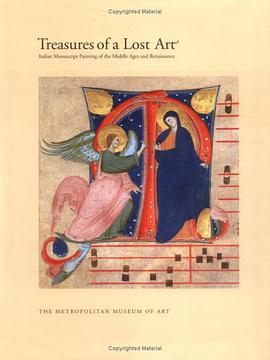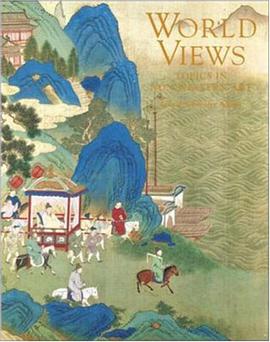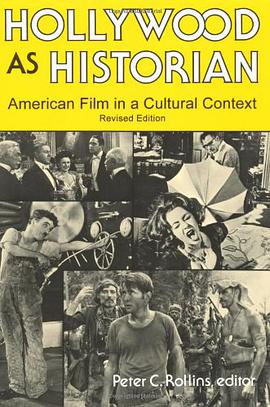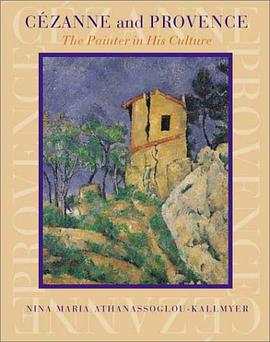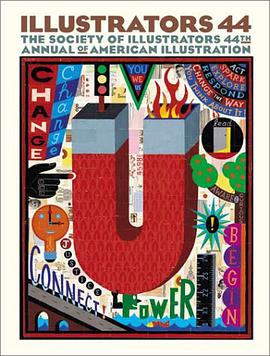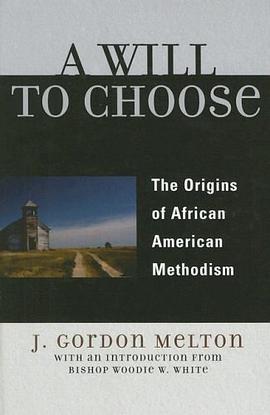

具体描述
Nicolas Poussin, perhaps the most famous French painter of the 17th century, lived and worked for many years in Rome. Yet he remained deeply engaged with cultural and political transformations occurring in France, argues Todd P. Olson in this exploration of Poussin's paintings, their production and their reception. Poussin's references to ancient literature and sculpture addressed a political elite -the Robe nobility - whose humanist education in classical antiquity equipped them to relate Greek and Roman history to contemporary events and to deploy ancient precedents in legalistic and political arguments. When the French Civil War known as the "Fronde" erupted in the 17th century, the paintings that Poussin exported to France responded directly in both subject and style to the crisis in monarchical authority and the disenfranchisement of his Robe patrons. Olson demonstrates that Poussin's association with a disgraced political group, his loss of official support, and his exile in Italy imbued his history paintings with a symbolic weight. The painter's audience considered the hard-earned pleasures of his restrained, difficult pictorial style a benchmark of integrity as well as a criticism of the Regency's indiscriminate collecting practices and taste for foreign luxury. Poussin transformed the easel painting - its making and collection - into an expression of cultural and political commitments binding a community. Olson's insights seek to reveal the importance of this painter's work to a learned and powerful French constituency at a critical moment in French history and demonstrate that Poussin's famously timeless style was far more responsive to historical contingencies than has been previously recognized.
作者简介
目录信息
读后感
评分
评分
评分
评分
用户评价
相关图书
本站所有内容均为互联网搜索引擎提供的公开搜索信息,本站不存储任何数据与内容,任何内容与数据均与本站无关,如有需要请联系相关搜索引擎包括但不限于百度,google,bing,sogou 等
© 2026 book.wenda123.org All Rights Reserved. 图书目录大全 版权所有


